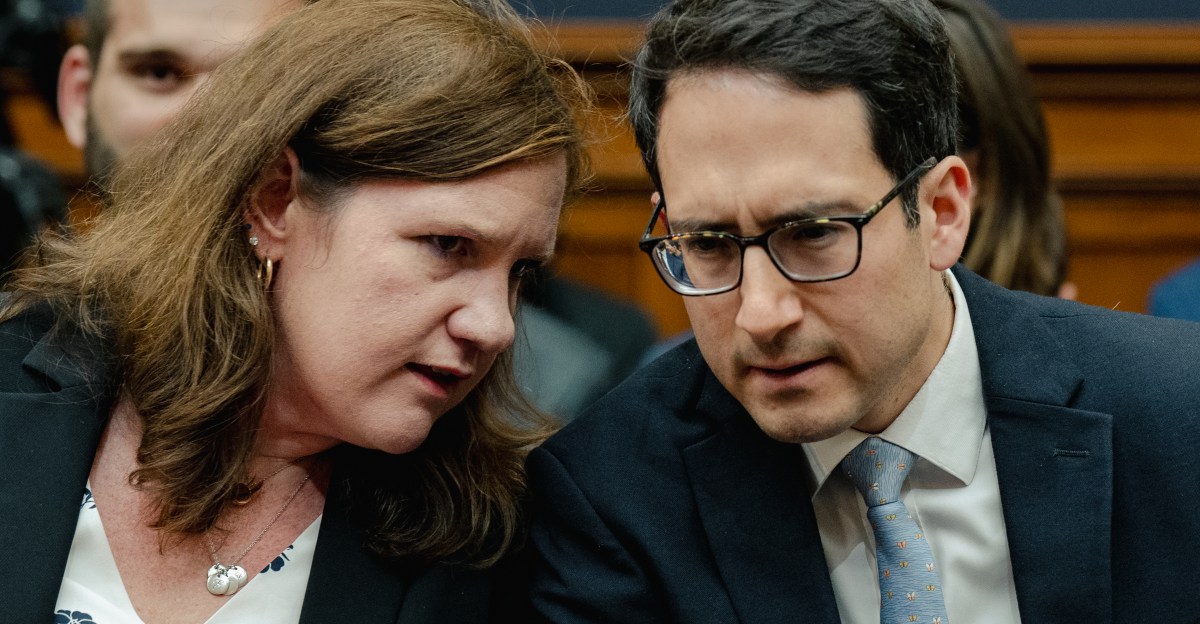Misreporting Trump's FTC Actions: A Deep Dive into Fact vs. Fiction
The narrative surrounding Donald Trump's actions during his presidency, particularly concerning the Federal Trade Commission (FTC), has been rife with misinformation and selective reporting. Understanding the truth behind these claims is crucial for navigating the complex landscape of political discourse and ensuring informed civic engagement. This article aims to dissect common misrepresentations, providing accurate context and verifiable sources.
The FTC Under Trump: Key Areas of Misreporting
Several key areas concerning Trump's administration and the FTC have been subject to significant misreporting and biased interpretations. These include:
1. Allegations of Political Interference:
A frequent claim is that Trump exerted undue political influence on the FTC's investigations and enforcement actions. While the President does have the power to appoint FTC commissioners, evidence of direct interference in specific cases is often lacking or heavily debated. Many accusations rely on circumstantial evidence or interpretations of actions that can be explained through other lenses. To assess these claims fairly, it's crucial to examine the specific allegations, the relevant documentation, and the counterarguments presented.
- Example: Claims of interference in investigations into specific companies often lack concrete proof, relying instead on anecdotal evidence or interpretations of public statements.
- Verification: Review official FTC reports, court documents, and statements from involved parties to assess the validity of these claims. Independent journalistic investigations are also valuable resources.
2. Misrepresentation of Enforcement Actions:
The number and nature of FTC enforcement actions during the Trump administration are often selectively presented to support pre-existing narratives. While some argue that enforcement was lax, others point to a shift in priorities rather than a decline in overall activity. A balanced assessment requires a detailed examination of the data and context.
- Data Analysis: Compare the number and types of enforcement actions across different presidential administrations, controlling for factors like economic conditions and legislative changes.
- Context is Key: Consider whether shifts in enforcement priorities reflect genuine changes in policy focus or other influencing factors.
3. Exaggerated Claims of Deregulation:
Claims that the Trump administration oversaw a period of rampant deregulation at the FTC are often overblown. While certain regulatory changes occurred, characterizing these as solely detrimental overlooks the complex realities of regulatory processes. A fair analysis requires a nuanced understanding of the specific regulations involved, their intended effects, and their real-world consequences.
- Specific Examples: Examine individual deregulatory actions, assessing their stated goals, and the arguments for and against these changes.
- Long-Term Impacts: Consider the long-term economic and social consequences of these regulatory changes, avoiding hasty judgments based on short-term effects.
Combating Misinformation: Strategies for Critical Engagement
Effectively combating the spread of misinformation requires critical engagement and a commitment to fact-checking. Here are some key strategies:
- Source Verification: Always check the credibility and bias of the source before accepting information as fact.
- Multiple Perspectives: Seek out information from multiple sources, representing diverse viewpoints.
- Fact-Checking: Utilize reputable fact-checking websites and organizations to verify claims.
- Contextual Understanding: Consider the context in which information is presented and potential biases influencing its interpretation.
Conclusion: The Importance of Informed Discourse
Accurate reporting on the Trump administration's relationship with the FTC is crucial for informed public discourse. By critically evaluating claims, utilizing reliable sources, and engaging in thoughtful analysis, we can combat misinformation and promote a more accurate understanding of this complex issue. The future of effective governance depends on our ability to navigate the complexities of political information with care and critical thinking. Let's encourage responsible reporting and informed debate.
